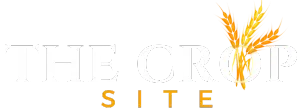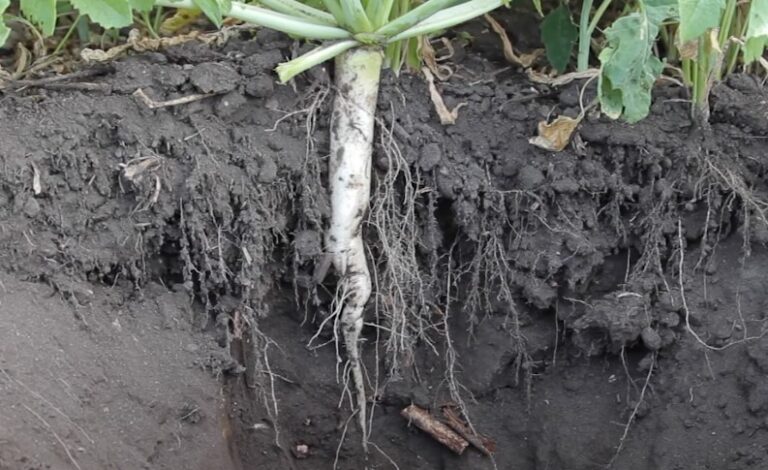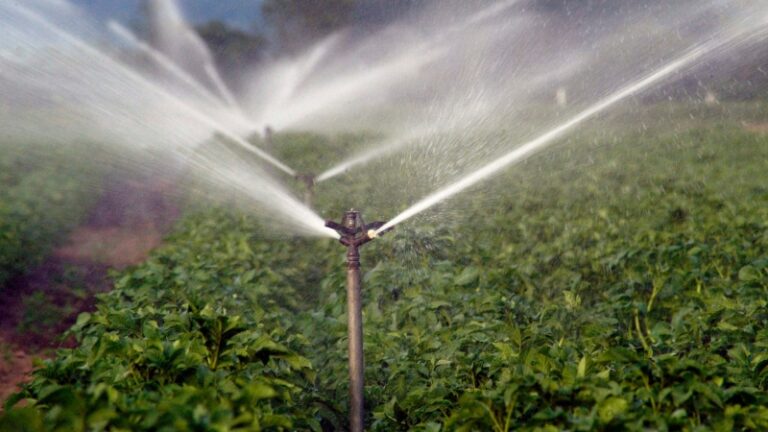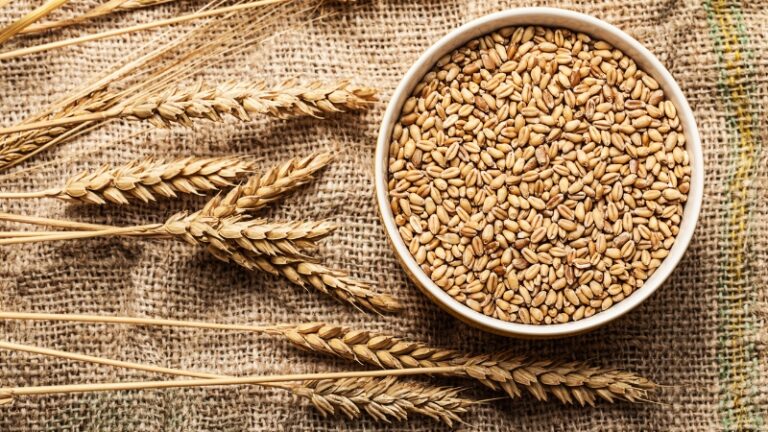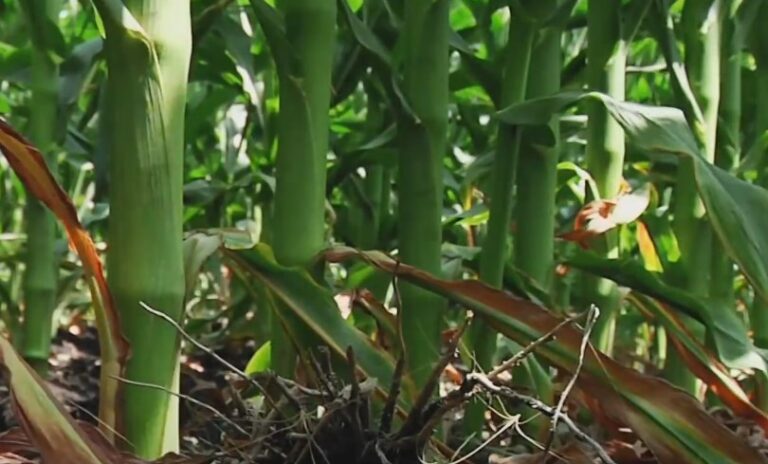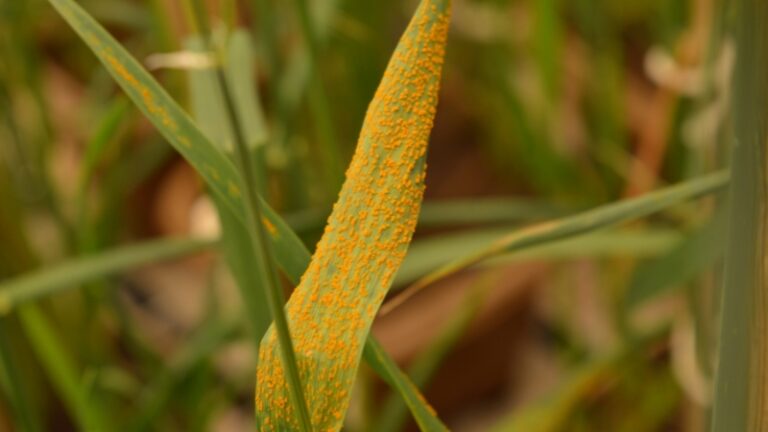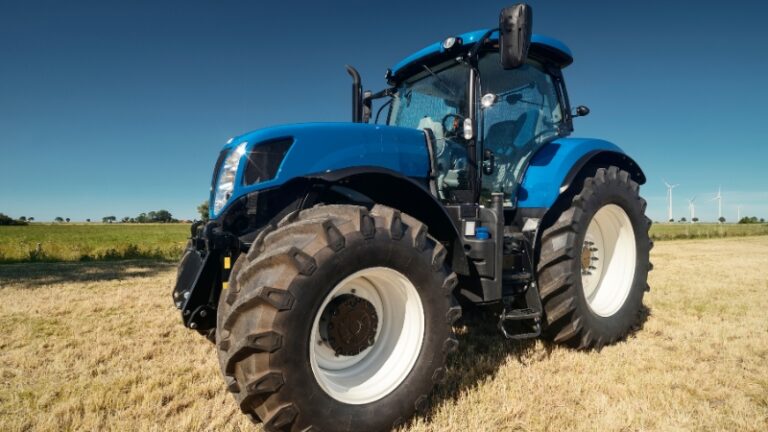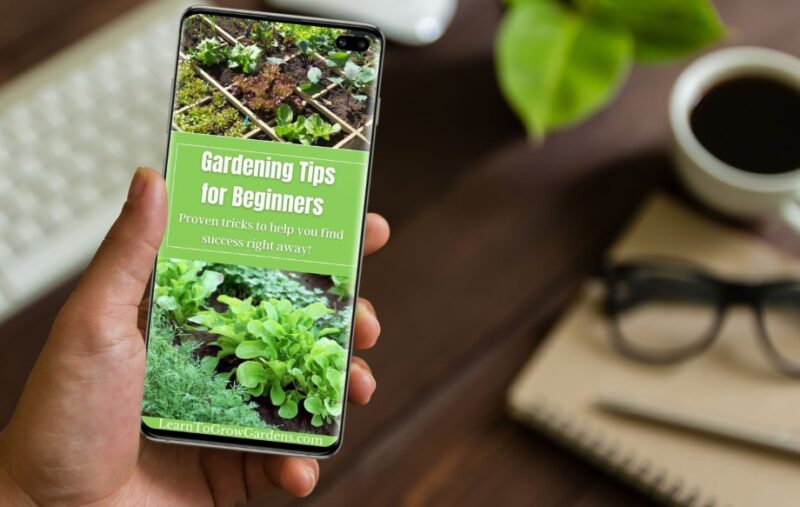You wanted to help your plants. Maybe your tomatoes stopped growing. Maybe your basil wilted overnight. You searched for answers, and the results came fast—blogs, lists, hacks, tricks. One site told you to pour milk in the soil. Another said to bury rusty nails. It all sounded clever. You had no reason to doubt it.
But the page had no name. No gardener. No science. Just tips that looked smart on the surface. You started wondering if any of it was real. One quick way to check? Drop the article into Zero GPT. If it reads as AI-written filler, you probably found scaled content, not advice backed by real gardening knowledge.
That is the problem. Gardening depends on weather, soil, region, and experience. But the web rarely mentions any of that. In this article, you will see why online gardening advice often fails, how recycled hacks cause more harm than growth, and what to watch for before trying something that could wreck your plants.
Most Gardening Tips Online Are Written Without Experience or Context
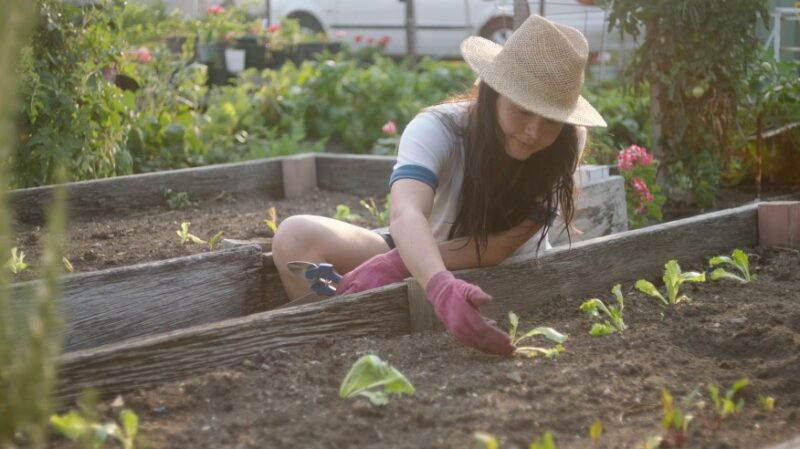
You want to fix a problem in your garden. Something is not growing, leaves are yellowing, or pests keep showing up. You search online, and the advice comes fast. The top links look neat, promising easy fixes and “secret” tips that sound clever.
But most of those pages are not written by gardeners. They are written by people chasing keywords. No context, no location, no explanation. You get a list of tips, but no way to know if they make sense for your soil, climate, or plant type.
Signs the Author Has No Gardening Experience
- No mention of plant type, region, or season
- Generic steps that could apply to anything
- No photos of actual gardens or progress
- No mention of what not to do
- No references to horticulture sources or experts
If the article skips those, it is not written for real results. It is written to sound good fast.
Why So Many Tips Sound the Same
Most gardening advice online gets copied. One post shares a quick idea—like using coffee grounds to “boost soil health.” It spreads. Other sites reword it, add a few lines, and republish.
No one stops to test if it works for tomatoes in clay soil versus peppers in raised beds. No one checks if it causes more pests or drainage issues. The content spreads faster than the consequences.
Advice Without Context Is Dangerous in the Garden
Some tips can ruin soil pH. Some can choke roots. Some attract pests you cannot get rid of. What works in one region can destroy plants in another. A garden is not a recipe—it is an ecosystem.
Online advice skips all that because details slow down the message. But in gardening, details are everything.
Bad Advice Can Ruin Soil, Kill Plants, and Attract Pests
You followed the guide. It said to sprinkle baking soda to stop fungus. Or maybe it told you to add Epsom salt for stronger blooms. It sounded simple, natural, and cheap. But a few days later, your plants looked worse. Leaves curled. Growth stalled. Something changed—and not for the better.
A garden reacts slowly. The damage is not always instant. One bad tip can throw off your soil balance for weeks. It can drive worms away or invite fungus. You might not connect the problem to what you added days before. But it started there.
A single wrong move, repeated across a garden bed, leads to rot, imbalance, and wasted time. And the site that gave you the advice? It will never show up to clean the mess.
Common Tips That Cause More Harm Than Good
- Baking soda for fungus – Can disrupt soil microbes
- Epsom salt for flowering – May lead to salt buildup over time
- Vinegar weed killer – Destroys surrounding plant roots and soil quality
- Cinnamon for pests – Not reliable, may only mask bigger issues
- Coffee grounds for nutrients – Often too acidic and clogs soil if overused
The Damage Is Harder to Reverse Than to Cause
Soil is slow to heal. Microbes take time to return. A failed crop means a full season lost. Some mistakes carry into next year. You might not see the full cost until long after the article is closed and forgotten.
Before you try any tip, ask: will this do damage I cannot undo?
Content Farms Copy Each Other Without Testing Anything
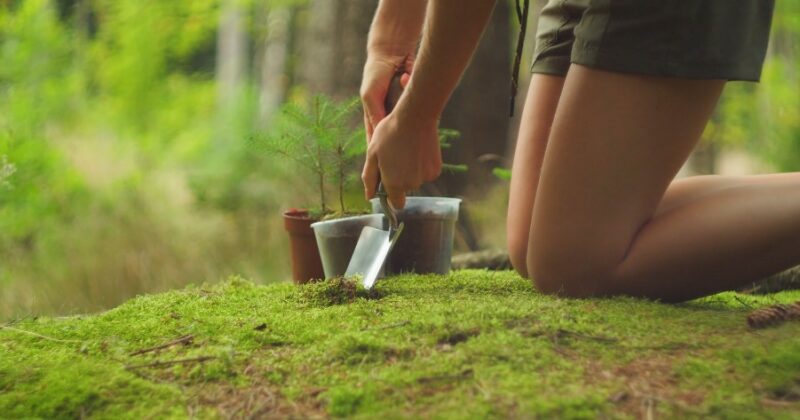
You click on one site. Then another. Then another. They all say the same thing. Reuse rainwater with lemon peel. Use banana peels for fast growth. Scatter garlic to repel bugs. Different words, same advice.
That repetition gives you false trust. You assume it must be true. But what you are seeing is the result of content farming—where dozens of sites copy, rewrite, and repackage the same information without testing or proof.
Why the Same Bad Ideas Keep Spreading
- Writers are paid to hit a word count, not grow anything
- Articles use trends to rank, not results to inform
- No one faces consequences when the advice fails
- Content is optimized for clicks, not accuracy
You are reading articles designed to attract search traffic. The garden is an afterthought.
Real Gardening Takes Trial, Error, and Patience
Every zone, every soil, every climate acts differently. Real gardeners adjust based on frost dates, drainage, sun patterns, and native pests. That never makes it into recycled blog posts.
Those posts are not lying—they are just shallow. And shallow does not work in soil.
There Are Still Good Sources—If You Know How to Spot Them
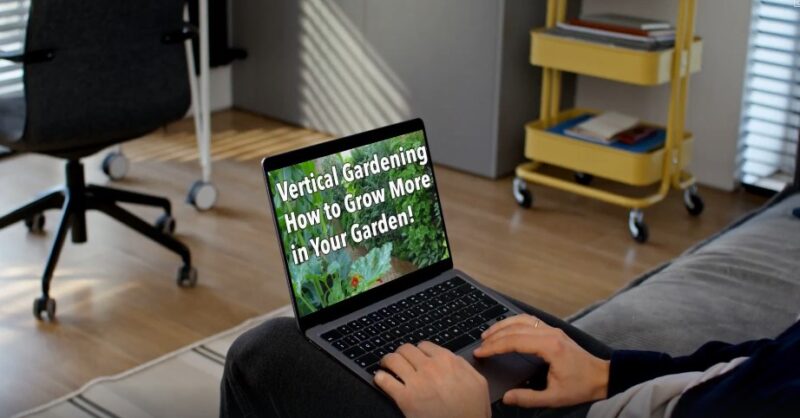
Not all gardening advice online is useless. Some guides are written by people who live what they teach. They show their own plants or cover plants. They explain what failed. They give real context for what works, and when.
You can still find them. But they rarely scream for your attention. They do not rely on flashy titles or magic tricks. They speak plainly and show the process.
You need to know what signs to look for before you trust the next page.
Signs the Advice Comes from a Real Gardener
- Author lists their location or growing zone
- Photos show real results from their own garden
- Advice includes timing, soil type, and climate notes
- Comments include actual gardener feedback and updates
- They admit what did not work
Look for Care, Not Confidence
Good advice often sounds cautious. It says try this on one plant first. It reminds you to test the soil before adding anything. It explains the why—not just the what.
Smart Gardeners Ask Questions Before Trusting a Trick
You do not need to be an expert to protect your garden. You only need to slow down. Ask questions. Question shortcuts. Be skeptical of anything that sounds like a guaranteed fix.
Gardening takes time. Anyone who skips over that is not helping you. They are feeding you something easy to read—but costly to apply.
Before You Try a Tip, Ask These
- Does this advice mention growing zone or climate?
- Has the writer shown their own results?
- Are there any warnings or limits mentioned?
- Do they explain what could go wrong?
- Can I find this tip in other places that cite real sources?
If the answer is no, skip it. Your soil, your time, your plants are worth more than a trendy shortcut.
Trust Is Earned—Not Assumed
Anyone can write about gardening. But only those who grow, fail, and try again deserve your trust. Online advice is useful when it comes from people who live with the results.
Do not gamble with your soil just because a site ranked high. Ask harder questions. Read slower. Plant smarter.
Last Words
You care about your garden. That is why you searched. But fast advice does not always mean good advice. The wrong tip can ruin a season, damage your soil, or set you back weeks.
You do not need to avoid the internet. You need to read it differently. Trust advice that comes with context, experience, and care. Question everything that feels too easy.
Related Posts:
- 6 Stages of Garlic Growth Every Gardener Should Know
- Why Stiff Muscles Are Often Overlooked as a Cause of…
- Why Non-Surgical Treatments for Bunions Are Often Preferred
- Why Barley Is Considered One of the Most Sustainable Crops
- Vasectomy Regrowth Signs: What You Need to Know!
- How Does a Greenhouse Work? Everything You Need to Know
